Introduction:
Gay people often have older brothers. But why is this the case, and does it hold any significance?
The Science Behind Sibling Influence:
This new series delves into how our siblings can shape various aspects of our lives, from finances to mental well-being, and even down to our biological makeup. Over the coming weeks, we'll be unraveling these stories.
The Gay Youngest Sibling Phenomenon:
Years ago, amidst casual conversations in gay bars, I stumbled upon an intriguing observation: Gay individuals often occupy the role of the youngest sibling in their families. This notion resonated with me, providing a sense of orderliness to my identity as the youngest in my own family.
Unpacking the Data:
Upon investigating the scientific underpinnings, I discovered a substantiated correlation between having older siblings, particularly older brothers, and the likelihood of being gay. However, certain aspects of this narrative struck me as peculiar and even disconcerting.
An Author's Perspective:
Turning to Justin Torres, author of "We the Animals," a poignant tale of three brothers grappling with identity, I sought his insights. Torres, drawing from his award-winning novel "Blackouts," expressed skepticism towards studies seeking to attribute sexuality to biological roots, citing a history steeped in eugenics.
Tracing the Origins:
Research on this subject originated in the 1940s and 1950s during a period fixated on deciphering the causes of homosexuality. Despite many inconclusive studies, one consistent finding emerged: Men with same-sex attraction tend to have a higher number of older brothers.
Global Confirmations:
Dubbed the "fraternal birth order effect" in the 1990s, this phenomenon has been replicated across diverse cultures worldwide, from Canada and the United States to Samoa, Turkey, and Brazil.
Insights from a Comprehensive Study:
A recent extensive study involving over 9 million individuals from the Netherlands not only reaffirmed this pattern but also revealed a similar association among women in same-sex marriages, suggesting a broader relevance.
Understanding the Magnitude:
While the baseline probability of being gay remains low, each additional older brother substantially increases this likelihood, suggesting a cumulative effect.
Exploring Possible Mechanisms:
The prevailing "maternal immune hypothesis" suggests a maternal immune response to proteins produced by male fetuses may influence subsequent male offspring's sexual orientation. However, the inclusion of women in recent studies challenges this explanation.
Contemplating Implications:
While the statistical aspect may seem straightforward, underlying implications raise concerns. Torres reflects on the darker undercurrents, cautioning against simplistic interpretations that may inadvertently perpetuate harmful stereotypes or stigmatize individuals.
Conclusion:
Ultimately, while it's intriguing to speculate on the relationship between birth order and sexuality, Torres emphasizes the richness and complexity of human sexuality defies reduction to simple biological explanations. As science continues to explore these mysteries, the essence of queerness transcends mere statistical correlations, encompassing joy, self-expression, and community beyond quantifiable measures.

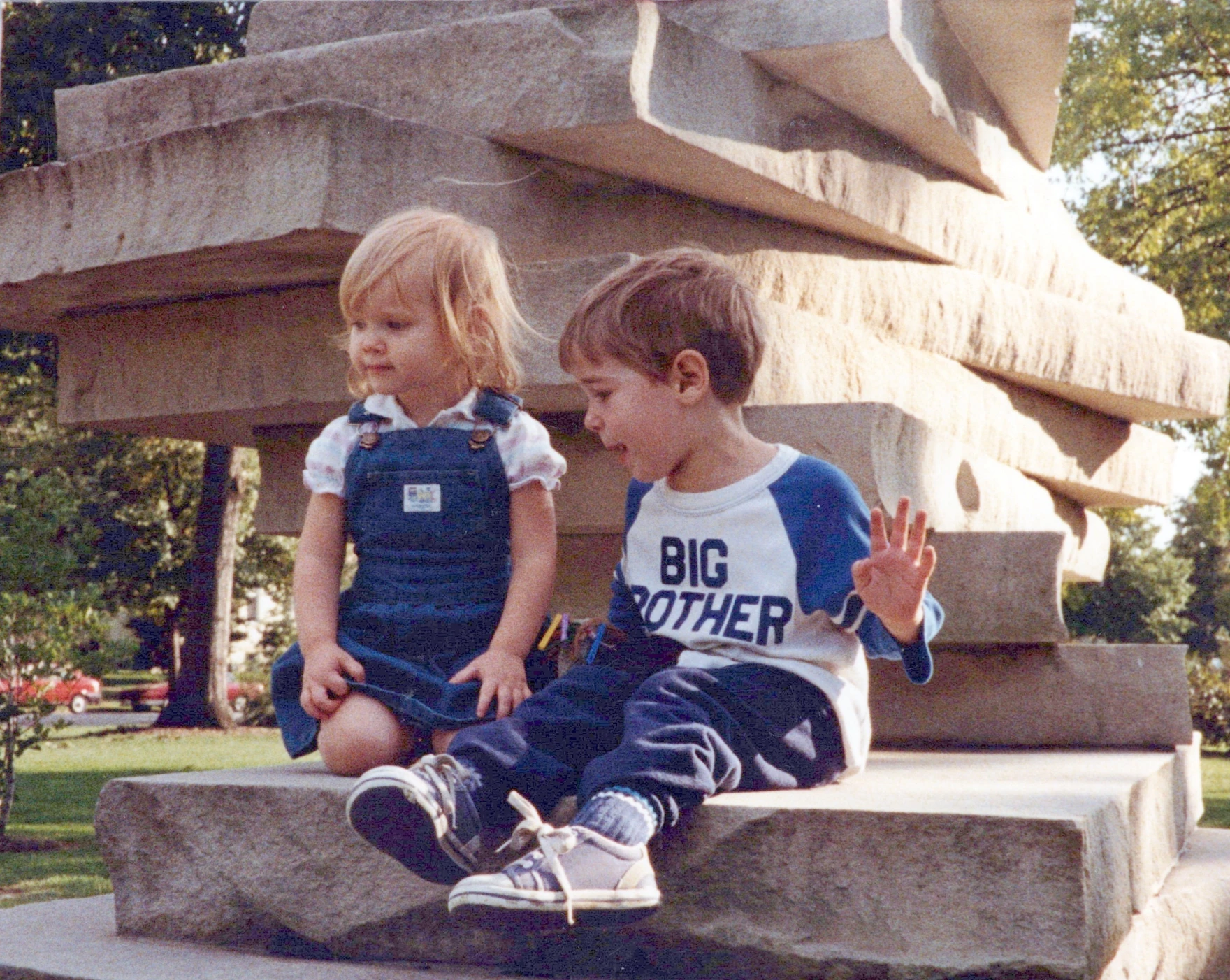

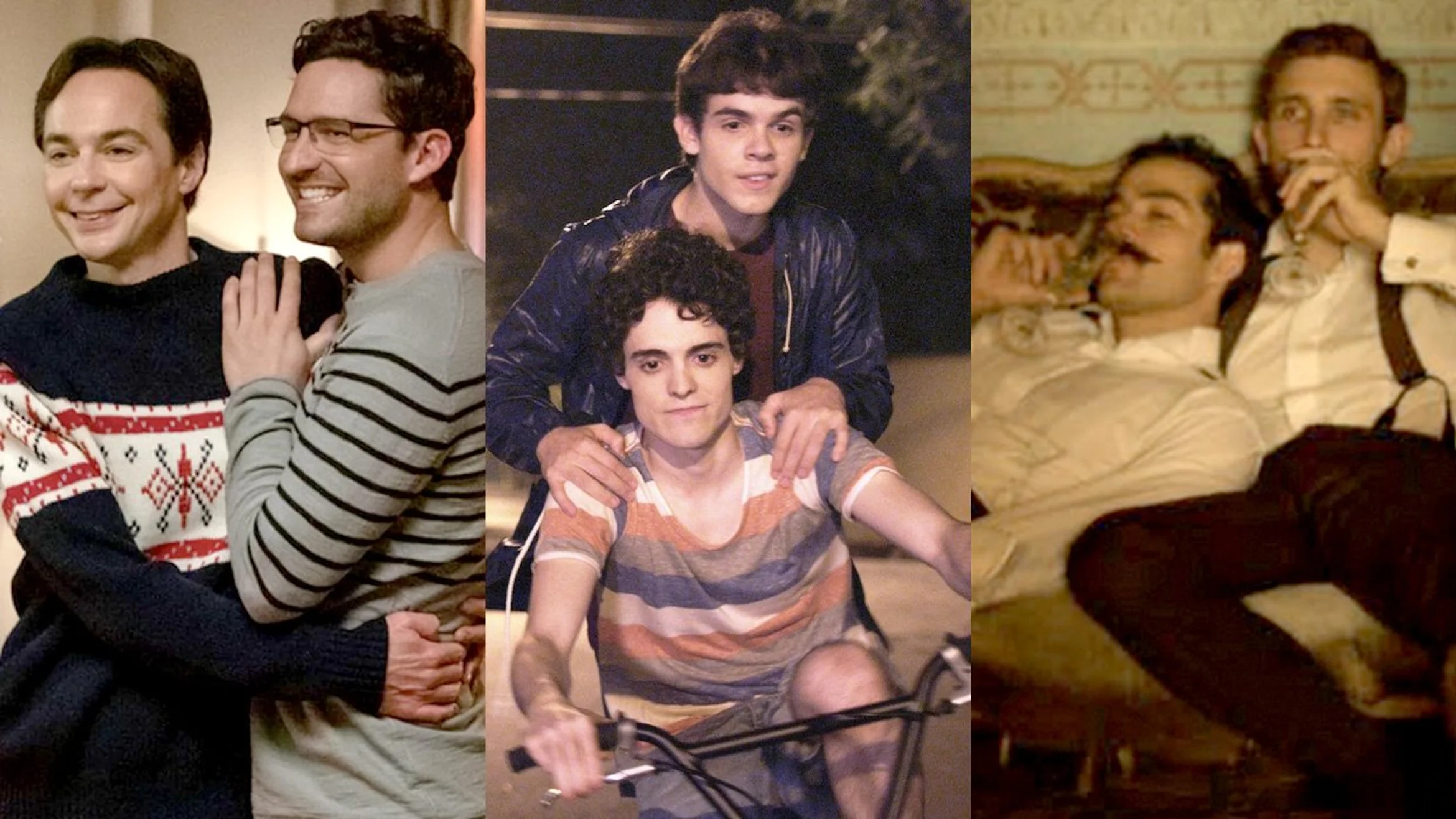







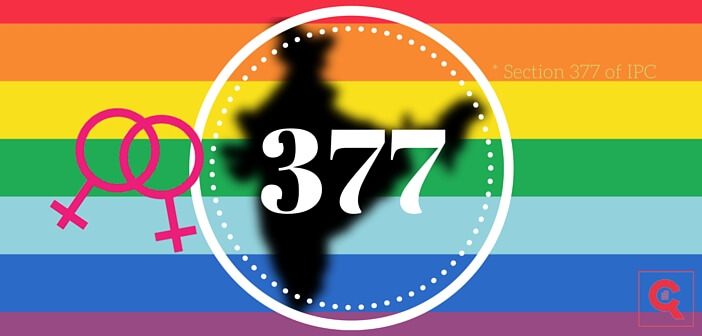








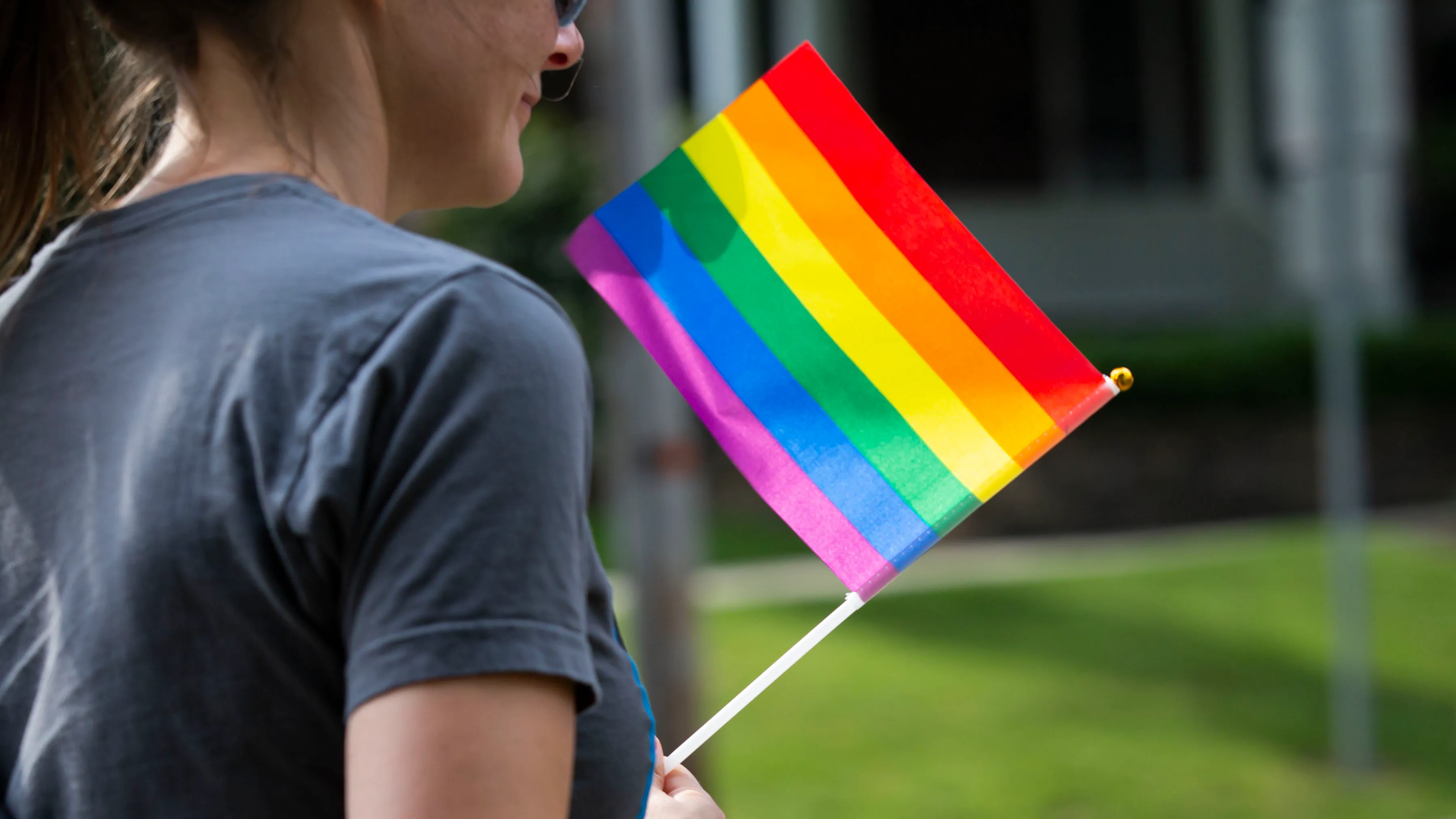
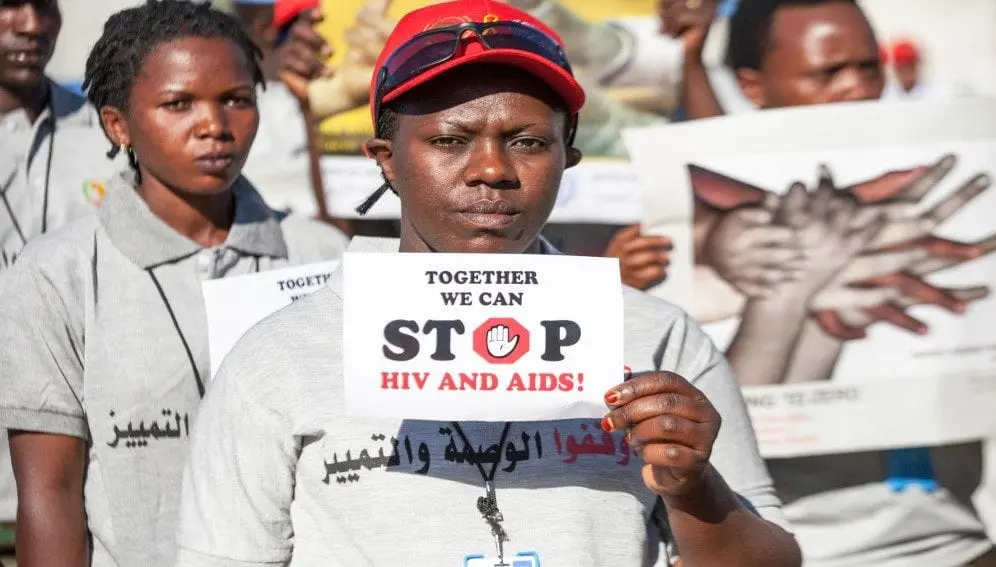

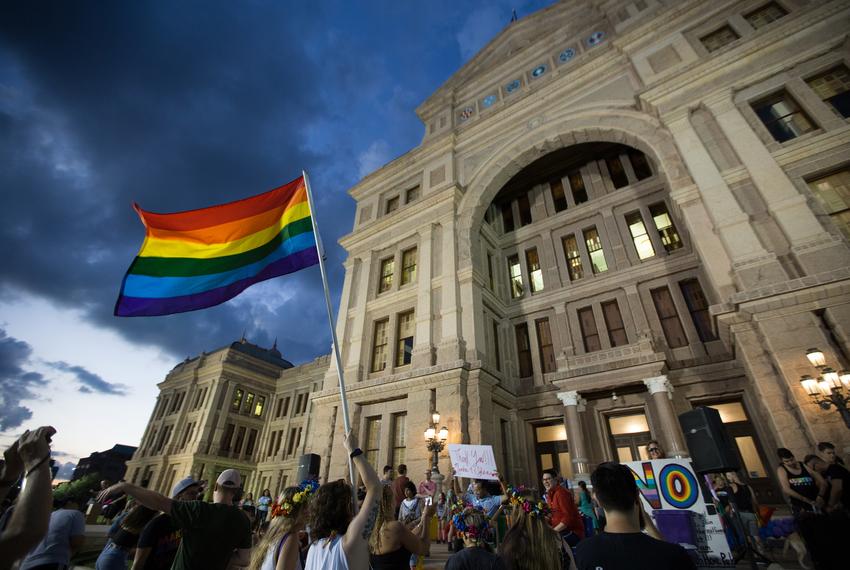
0 Comments